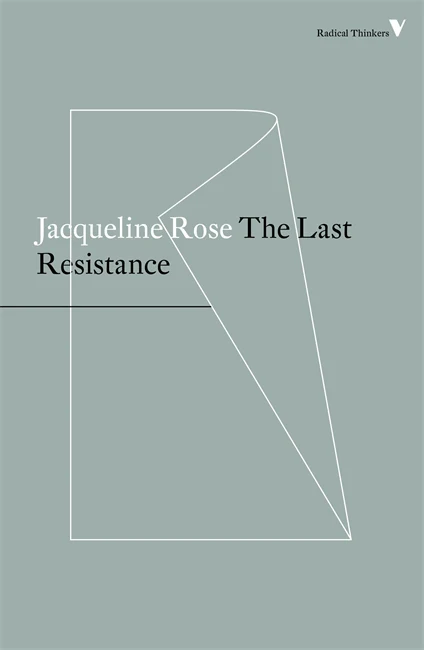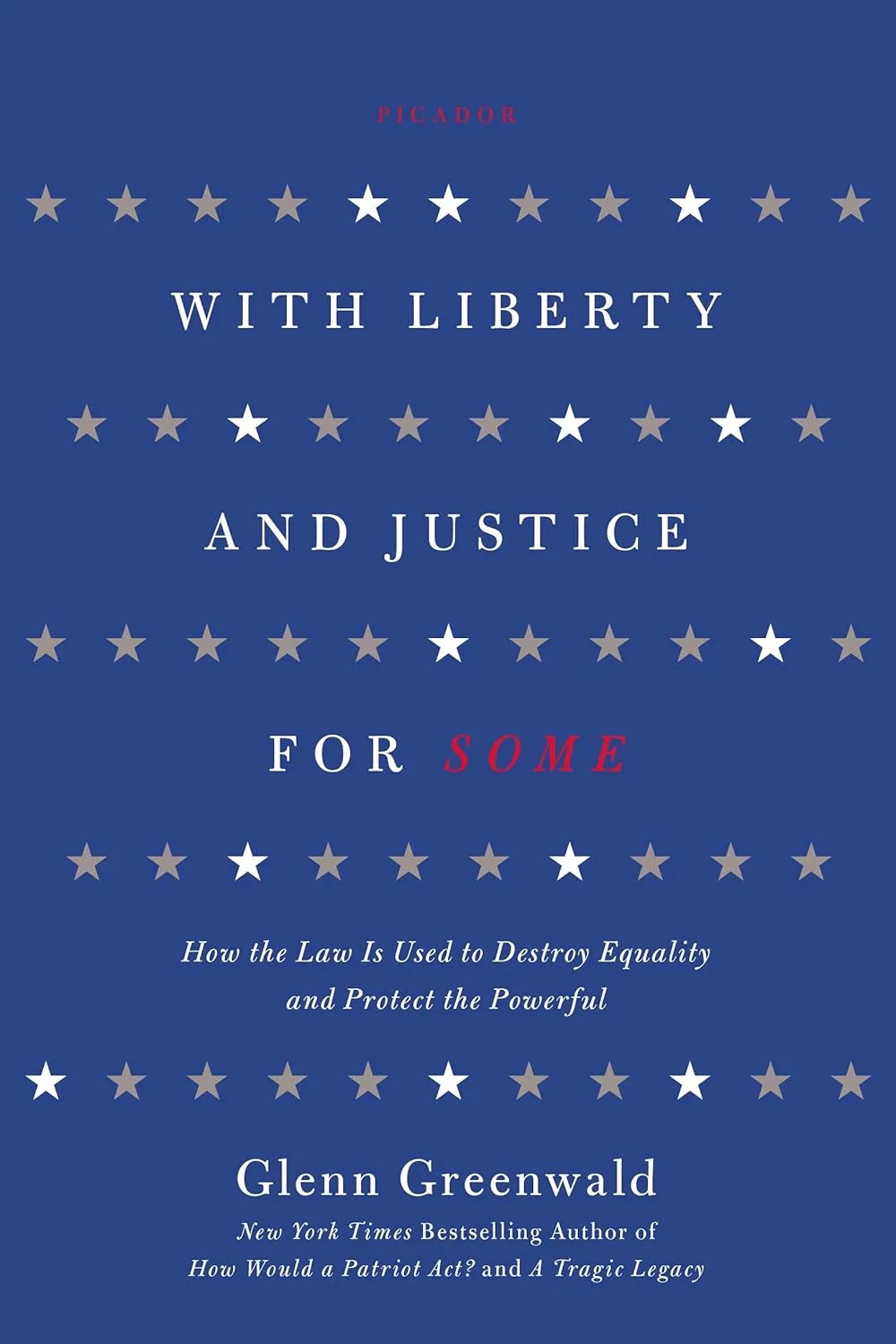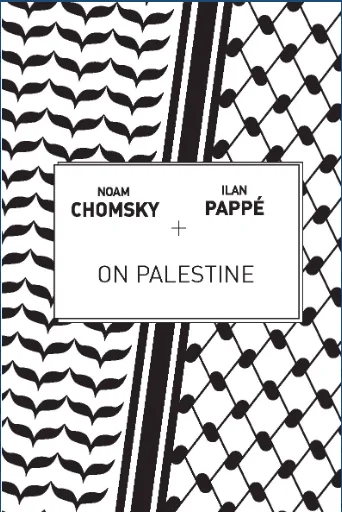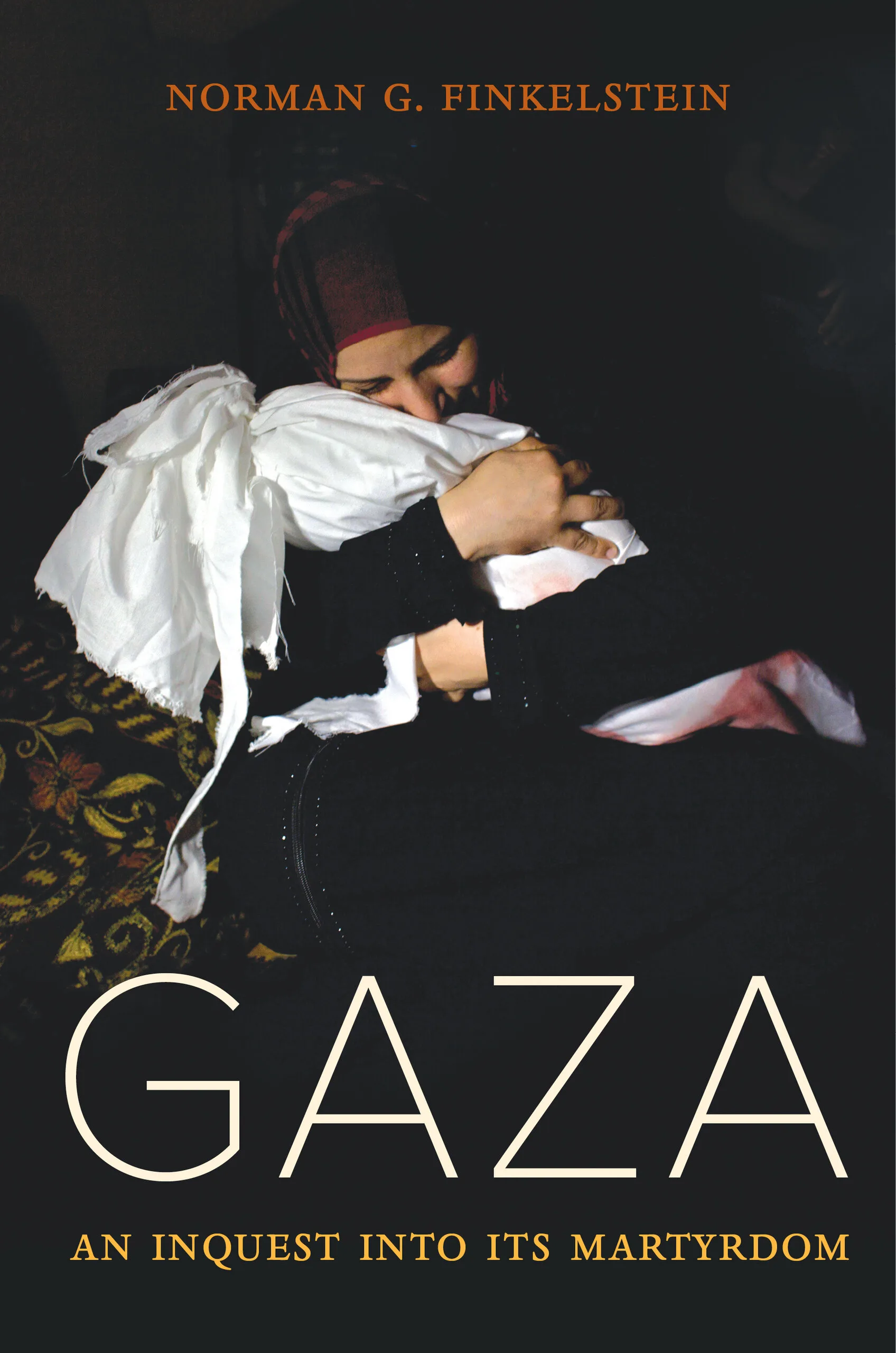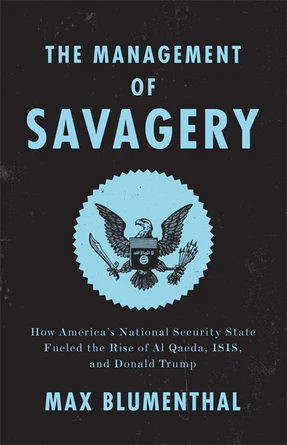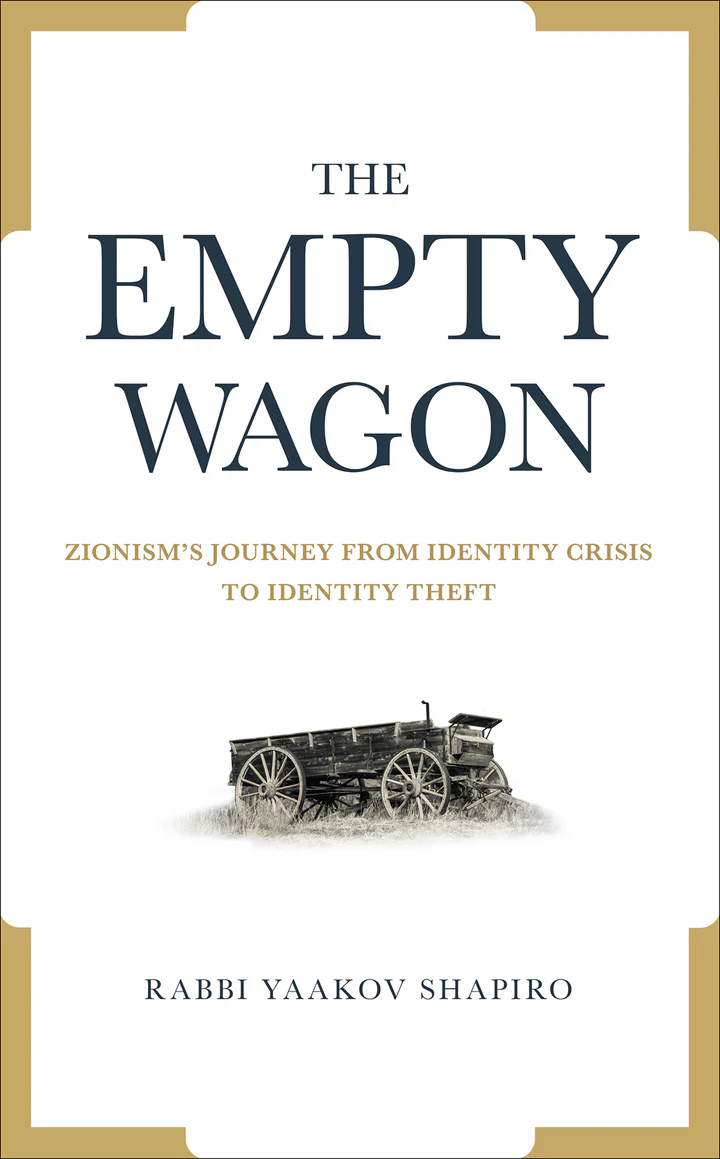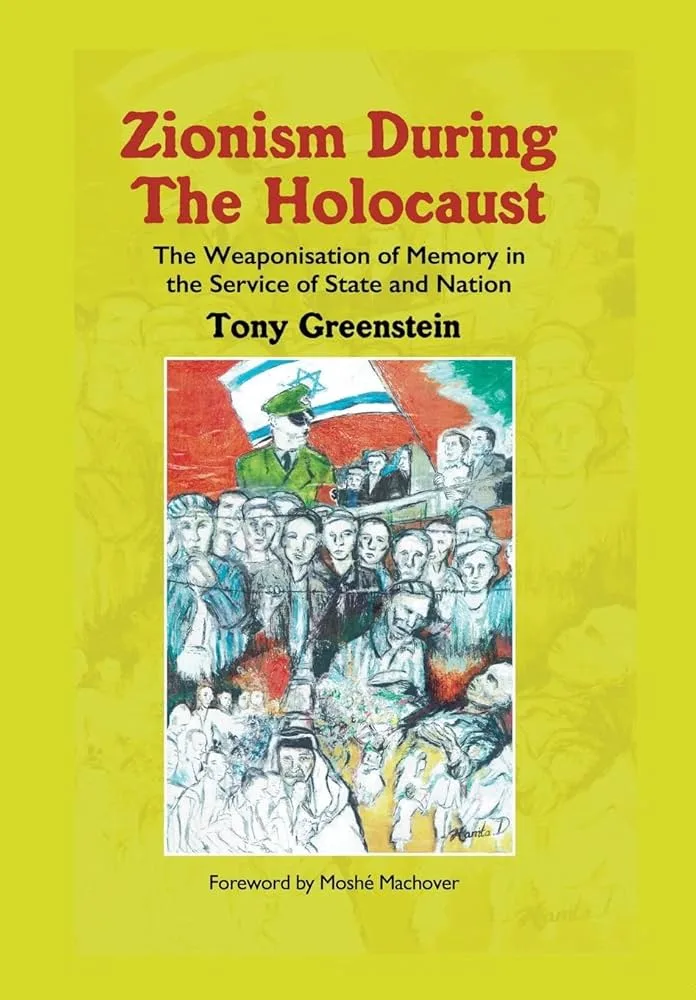Jacqueline Rose’s The Last Resistance (2007) is a thought-provoking exploration of the intersections between politics, history, and psychoanalysis, particularly in the context of Jewish identity, Zionism, and the Israeli-Palestinian conflict. Rose, a prominent literary critic and psychoanalyst, challenges conventional narratives and delves into the complexities of resistance, memory, and identity. Here’s a summary of the main points:
1. Critique of Zionism and Jewish Identity
- Rose examines the historical and ideological foundations of Zionism, questioning its role in shaping modern Jewish identity.
- She argues that Zionism, while offering a sense of security and belonging for Jews, has also created tensions and contradictions, particularly in its relationship with the Palestinian people.
- Rose critiques the way Zionism has been idealized and suggests that it has sometimes suppressed alternative Jewish voices and histories.
2. The Role of Resistance
- The book explores the concept of resistance, both political and psychological, as a means of confronting oppression and injustice.
- Rose emphasizes the importance of resisting simplistic or monolithic narratives, whether they come from Zionist or anti-Zionist perspectives.
- She advocates for a more nuanced understanding of resistance that acknowledges the complexities of history and identity.
3. Psychoanalysis and Politics
- Drawing on psychoanalytic theory, Rose examines how unconscious desires, fears, and traumas shape political ideologies and conflicts.
- She argues that the Israeli-Palestinian conflict cannot be understood solely through political or historical lenses; it also requires a psychological understanding of the deep-seated fears and anxieties on both sides.
- Rose uses psychoanalysis to explore themes of memory, trauma, and the transmission of historical pain across generations.
4. Literature and Testimony
- Rose analyzes literary works and testimonies to uncover the ways in which individuals and communities grapple with identity, memory, and loss.
- She highlights the power of literature to challenge dominant narratives and give voice to marginalized perspectives.
- Through close readings of texts, Rose demonstrates how literature can serve as a form of resistance against political and cultural oppression.
5. Ethical Responsibility
- A central theme of the book is the ethical responsibility to confront uncomfortable truths and engage with the “other.”
- Rose calls for a more inclusive and empathetic approach to the Israeli-Palestinian conflict, one that recognizes the humanity and suffering of both sides.
- She critiques the polarization of the debate and advocates for dialogue and understanding.
6. The Last Resistance
- The title refers to the idea that resistance is not just a political act but also a moral and psychological necessity.
- Rose argues that true resistance involves questioning one’s own beliefs and confronting the complexities of history and identity.
- She suggests that the “last resistance” is the struggle to maintain hope and humanity in the face of seemingly intractable conflict.
Key Takeaways
- The Last Resistance is a deeply interdisciplinary work that combines political analysis, psychoanalytic theory, and literary criticism.
- Rose challenges readers to move beyond binary thinking and engage with the moral and psychological dimensions of political conflicts.
- The book is a call for empathy, dialogue, and a more nuanced understanding of identity and history.
If you’d like to explore specific chapters or themes in more detail, let me know!
